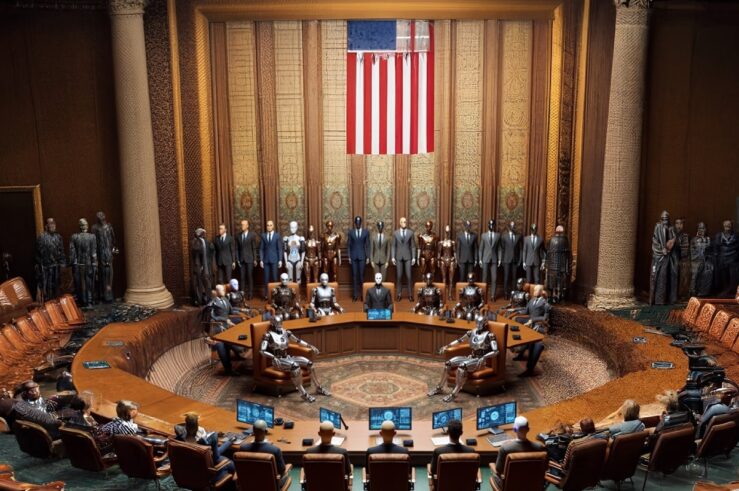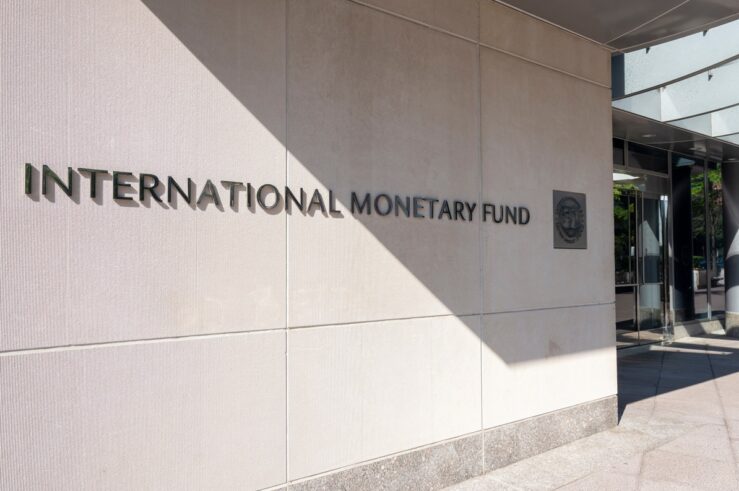On Thursday I will be participating in an ABA panel discussion on the Apple e-books case, along with Mark Ryan (former DOJ attorney) and Fiona Scott-Morton (former DOJ economist), both of whom were key members of the DOJ team that brought the case. Details are below. Judging from the prep call, it should be a spirited discussion!
Readers looking for background on the case (as well as my own views — decidedly in opposition to those of the DOJ) can find my previous commentary on the case and some of the issues involved here:
- Why I think the Apple e-books antitrust decision will (or at least should) be overturned
- Why I think the government will have a tough time winning the Apple e-books antitrust case
- The procompetitive story that could undermine the DOJ’s e-books antitrust case against Apple
- How Apple can defeat the DOJ’s e-book antitrust suit
- The US e-books case against Apple: The procompetitive story (in a special issue of Concurrences on “E-books and the boundaries of antitrust” that includes several other essays worth reading)
- Amazon vs. Macmillan: It’s all about control
Other TOTM authors have also weighed in. See, e.g.:
- Alden Abbott: The Second Circuit Misapplies the Per Se Rule in U.S. v. Apple
- Josh Wright: The Apple E-Book Kerfuffle Meets Alfred Marshall’s Principles of Economics
- Josh Wright: Apple and Amazon E-Book Most Favored Nation Clauses
DETAILS:
ABA Section of Antitrust Law
Federal Civil  Enforcement Committee, Joint Conduct, Unilateral Conduct, and Media & Tech Committees Present:
Enforcement Committee, Joint Conduct, Unilateral Conduct, and Media & Tech Committees Present:
“The 2d Cir.’s Apple E-Books decision: Debating the merits and the meaning”
July 16, 2015
12:00 noon to 1:30 pm Eastern / 9:00 am to 10:30 am Pacific
On June 30, the Second Circuit affirmed DOJ’s trial victory over Apple in the Ebooks Case. The three-judge panel fractured in an interesting way: two judges affirmed the finding that Apple’s role in a “hub and spokes” conspiracy was unlawful per se; one judge also would have found a rule-of-reason violation; and the dissent — stating Apple had a “vertical” position and was challenging the leading seller’s “monopoly” — would have found no liability at all. What is the reasoning and precedent of the decision? Is “marketplace vigilantism” (the concurring judge’s phrase) ever justified? Our panel — which includes the former DOJ head of litigation involved in the case — will debate the issues.
Moderator
- Ken Ewing, Steptoe & Johnson LLP
Panelists
- Geoff Manne, International Center for Law & Economics
- Fiona Scott Morton, Yale School of Management
- Mark Ryan, Mayer Brown LLP
Register HERE




